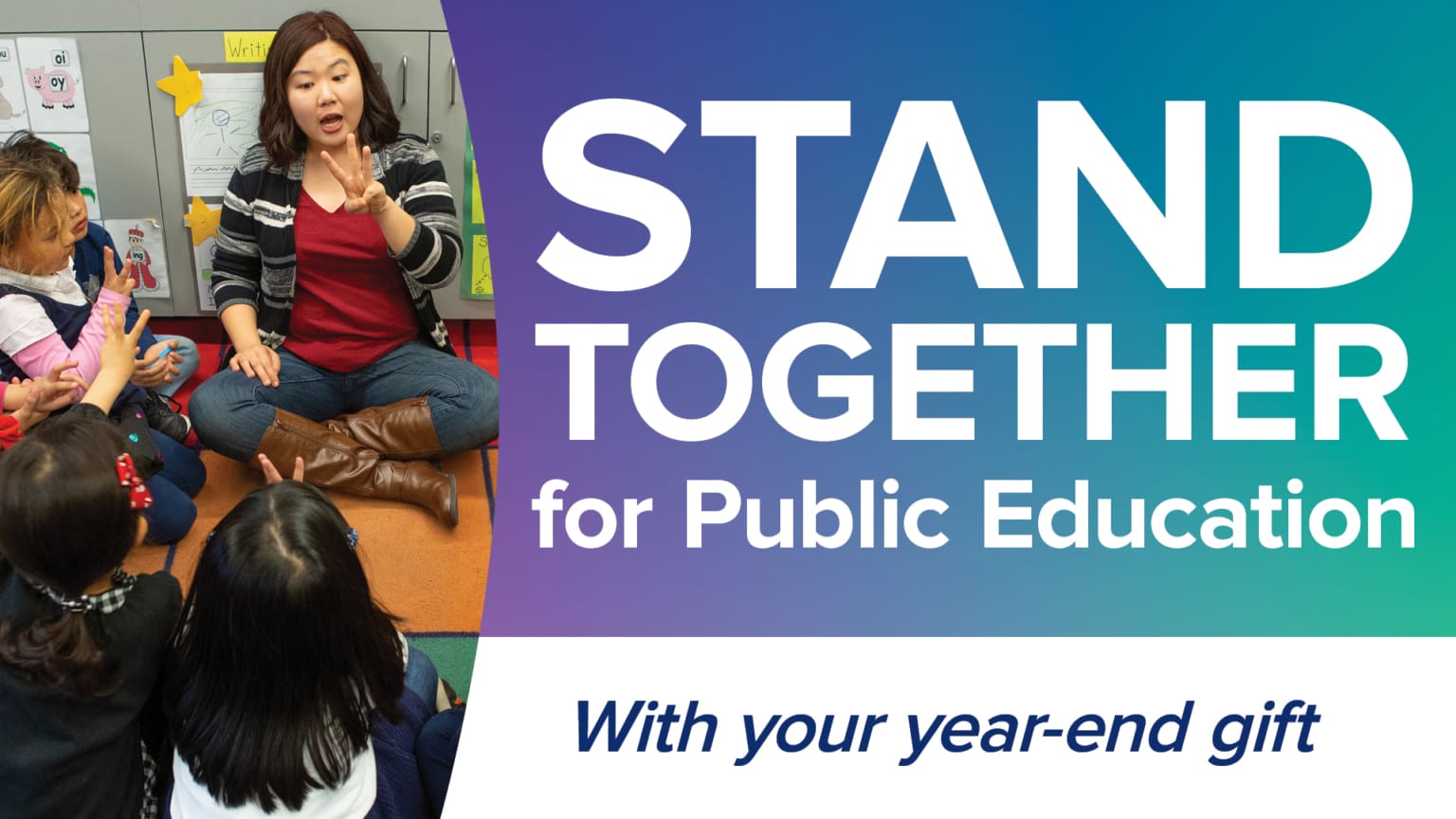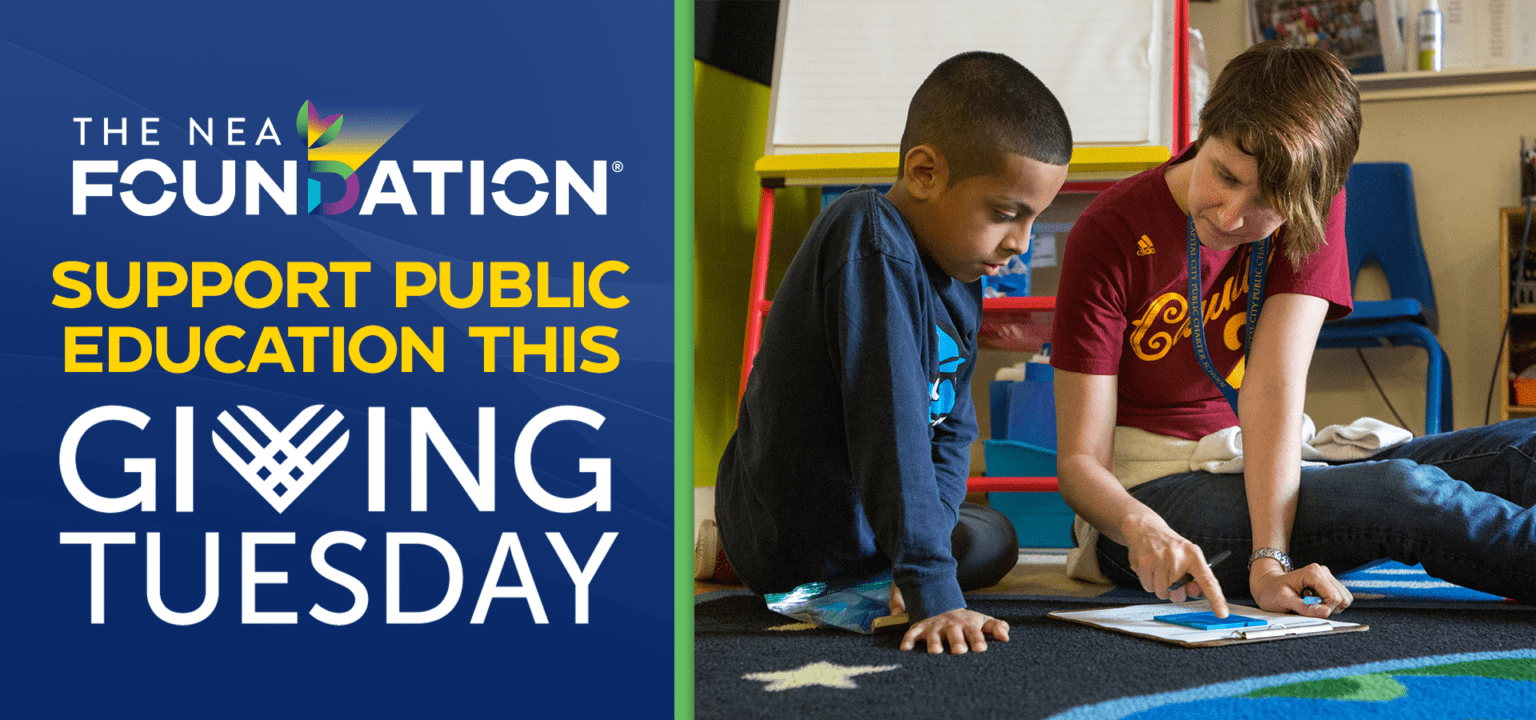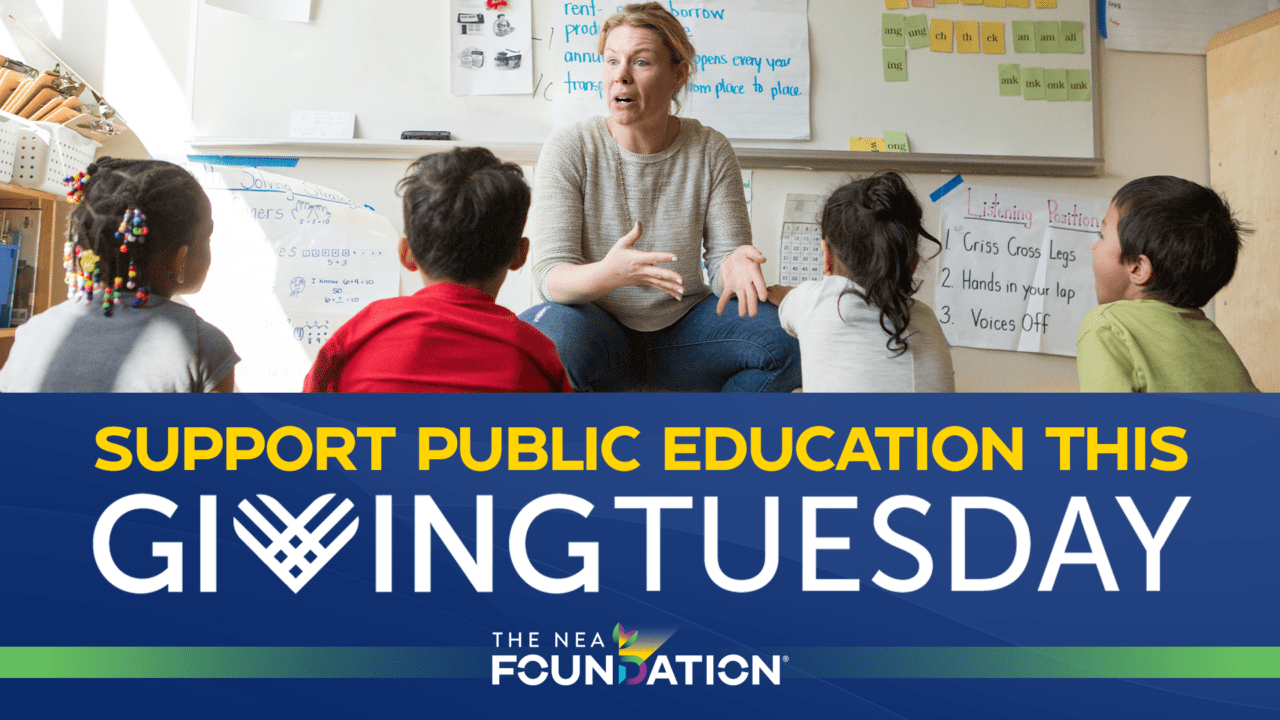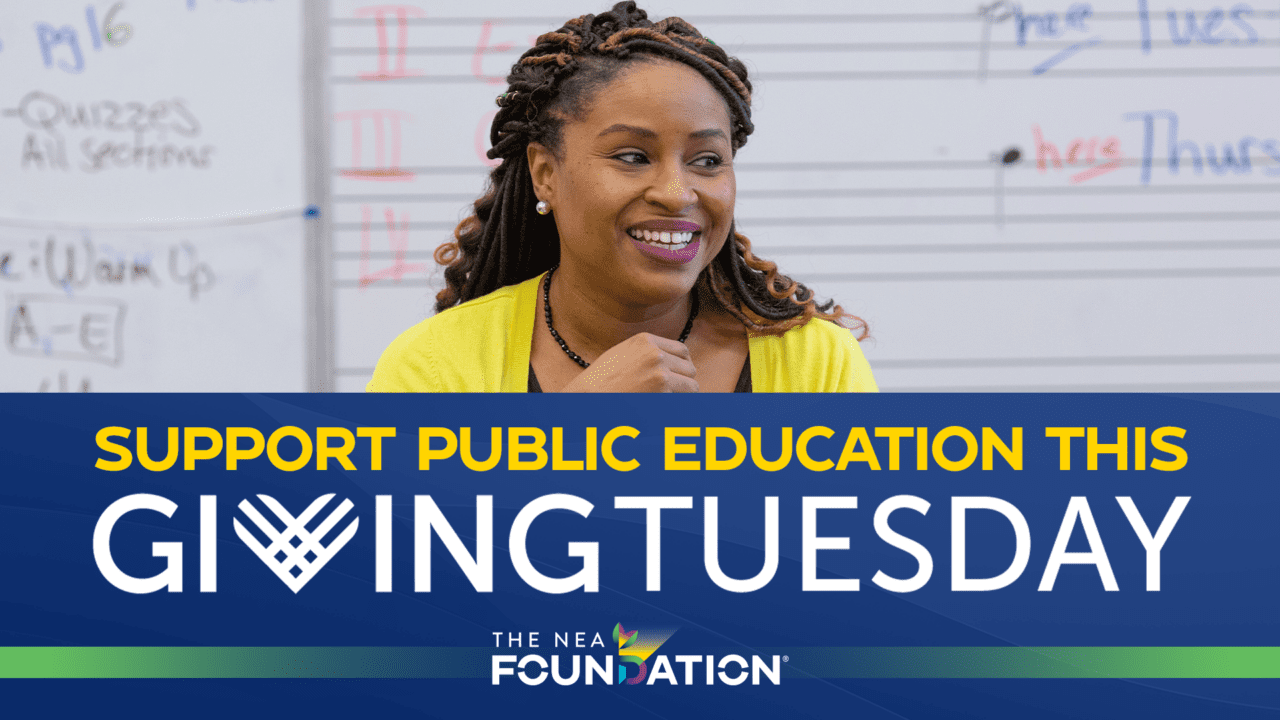By Kathryn Woerner
2014 Global Learning Fellow and educator at Linn-Mar High School in Marion, IA

This blog series features the 2014 NEA Foundation Global Learning Fellows, a cohort of 30 educators who participated in a year-long supported learning experience to build global competency skills. The fellowship included international field study in Beijing and Xi’an, China, from June 20-28, 2014. Read Woerner’s first guest blog: 5 inspiring lessons for educators from Chinese proverbs.
I am a social studies teacher and avid historian, so traveling with the NEA Foundation and 30 other educators to see the sites of China described in textbooks and illustrated in videos was a dream come true. Add to that the complete immersion into the culture, tradition and language, and I was anxious to return to my classroom to excite future travelers.
Upon returning to Iowa, and after all the souvenirs had been handed out, I sifted through pictures, notes, and resources and was overwhelmed by the options for hands-on learning opportunities. One notable takeaway from my trip was the use of Chinese proverbs and their importance in Chinese writing and speaking today. The following proverbs reveal the essence of Chinese culture and history, and moreover, they serve as inspiring lessons for American educators, policymakers, and shareholders in our education system.
1. “He who asks is a fool for five minutes, but he who does not ask remains a fool forever.”
The NEA Foundation and Education First supported us as we prepared to travel to China. They provided us with numerous resources, as well as online readings, assignments, webinars, and a three-day seminar in Washington D.C. As our departure date approached, I felt confident. I thought, “I teach social studies. I’ve done my homework. I have traveled before. I got this.”
Upon arrival in China, my confidence was jet lagged. I experienced information overload and struggled with the language barrier. I became a quick study in asking who, what, where, when, why, and how. Sometimes as educators, we have the reputation of having all the answers. But It is OK when we don’t. As a matter of fact, we model lifelong learning when we have to inquire and dig deeper to understand.

2. “A diamond with a flaw is worth more than a pebble without imperfections.”
One of my travel highlights was visiting the Terracotta Army in Xi’an. Another legacy of Emperor Qin Shihuang, the Terracotta Army was discovered in 1974. Today, the archeological site spans three pits containing over 8,000 soldiers along with chariots, horses, cavalry, and generals. The army lays in broken pieces and is carefully uncovered and reassembled to stand sentry. No soldier looks like any other, and although not all statues are returned to their complete form, they are valued by the Chinese and visited by people from around the world.
Our students are much like the Terracotta Army. They are at different points in their academic, emotional, and cognitive development. No students’ needs are like any other. They are valued, and it is our honor to help them uncover their potential.

3. “A nation’s treasure is in its scholars.”
As early as the Han dynasty, imperial exams were used to select scholars into government positions. The examination helped shape China’s intellectual, cultural, and political life. By the Tang dynasty, the tradition of the “four arts of the Chinese scholar” required the individual elements of qin (playing the stringed guqin instrument), qi (playing of a strategy board game), shū (writing calligraphy) and huà (brush painting). By obtaining mastery of the “four arts,” a scholar demonstrated mathematics, logic, reason, dexterity, and creativity. The Chinese used the “four arts” to create a cultural literacy and to recruit people of merit for employment.
The acquisition and mastery of these skills is much like Common Core. Our students are tomorrow’s global citizens. As we invest our energies in their future, it is important that our educational ends justify the educational means. If the end of Common Core is culturally-literate, global citizens, should standardized tests be the means in which they demonstrate what they have acquired?
4. “Teachers open the door. You enter by yourself.”
There was a period when I didn’t want to go to China. It was February, and I was overwhelmed. Parent-teacher conferences were approaching, there had been five snow days since January, my husband and children had activities and commitments, and I was just checking days off my calendar. The trip required a lot of preparation and it was eight days that I didn’t think I could sacrifice.
When the NEA Foundation assembled all the Fellows in Washington D.C., I learned that I wasn’t the only one. But with each lesson, activity, and forum, I could feel the stress lighten. Friendships formed and excitement brewed. The NEA Foundation and Education First opened the door to eight days filled with new and powerful experiences. As teachers we open the doors to our classroom in the same way. Our students have worries, fears, and stresses that need calming. When we create an environment of respect, responsibility, and integrity, they become willing participants in new and powerful experiences.

5. “A child’s life is like a piece of paper on which every person leaves a mark.”
I sat across from a Chinese English teacher at Xi’an Foreign Language School, and we discussed the similarities and differences in our teaching experience. It became clear that no matter where or when you teach: kids are kids. We shared excitement for engaged learners as well as frustrations with apathetic students. We agreed that a little mutual respect goes a long way and that disdain for homework is a universal language among students.
Although miles separate our classrooms, all teachers leave a permanent mark on the lives of their students. When Chinese students learn calligraphy, they begin with the “eight principles of yong,” or the eight common strokes that are found all in the one character: 永 (yǒng), meaning “forever” or “permanence.”
It was traditionally believed that the frequent practice of these principles could ensure beauty in one’s writing. Globally, it is the hope of teachers that their lessons gain permanence with their students. It is my hope that education will forever enrich the beauty of our students’ lives.








